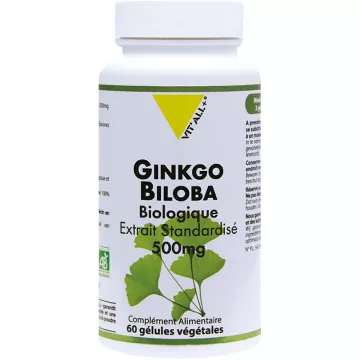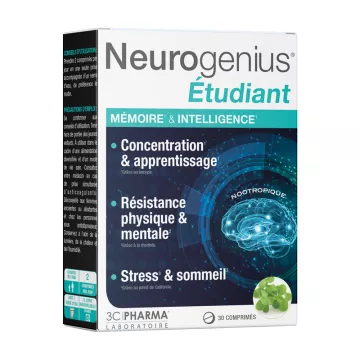





What is intellectual concentration and why is it important?
Intellectual concentration refers to the ability to direct and maintain one's attention on a specific task or subject without being distracted by external elements or extraneous thoughts. This skill is crucial, as it directly influences the quality of our work and learning. Good concentration improves productivity, increases the efficiency of information processing, and enhances memory and learning.
How can intellectual concentration be measured?
Concentration can be measured using a variety of psychological and neurological tests. Among these, the Stroop test and the Continuous Performance Test (CPT) are frequently used. These tests assess the ability to maintain attention on a repetitive task and to resist distractions. Biometric devices such as EEG trackers can also measure brain waves, providing quantitative data on states of concentration.
What are the main techniques for improving intellectual concentration?
Are there any technological aids to boost intellectual concentration?
Yes, a number of applications and software programs can help improve concentration. Applications for blocking distracting sites, time management tools such as Focus@Will, which features music designed to maintain attention, and guided meditation applications are examples of beneficial technological resources.
What impact does sleep have on intellectual concentration?
Sleep plays an essential role in the ability to concentrate. Insufficient or poor-quality sleep can lead to a significant drop in attention, memory and cognitive performance. It is recommended to get between 7 and 9 hours of sleep per night to optimize these brain functions.
How does stress affect intellectual concentration?
Chronic stress can considerably reduce the ability to concentrate. It triggers the release of cortisol, which in excess can disrupt thought and attention processes. Stress management techniques such as deep breathing, yoga and meditation are effective in reducing the impact of stress on intellectual concentration.
How can these techniques be effectively integrated into daily life?
To effectively integrate techniques for improving intellectual concentration into daily life, it is essential to :
Improving intellectual concentration requires a holistic approach that combines behavioral, nutritional, physical and psychological strategies. By adopting these methods, we can not only boost our concentration but also improve our overall quality of life.
What are the effects of music on intellectual concentration?
Music can have a variety of effects on intellectual concentration. Classical music, in particular, is often cited for its positive effect on cognitive abilities, a phenomenon sometimes referred to as the "Mozart effect". Studies suggest that some forms of music can improve the efficiency of intellectual work by reducing anxiety and increasing concentration. However, the choice of music needs to be tailored to the individual, as some genres may distract more than they help.
How does age affect intellectual concentration?
As we age, natural changes in the brain can affect intellectual concentration. These changes can lead to a reduction in the ability to concentrate for long periods. However, regular brain-stimulating activities, such as puzzles, reading and strategy games, can help maintain cognitive function and concentration in older people.
Can nootropics improve intellectual concentration?
Nootropics, often referred to as "smart drugs", are substances that claim to improve cognitive performance. Some of these products, such as caffeine and L-theanine, have been shown to improve alertness and concentration. However, it is crucial to consult a healthcare professional before taking nootropics, as they may interact with other medications and are not suitable for everyone.
What role does hydration play in intellectual concentration?
Hydration plays a crucial role in maintaining intellectual concentration. Even mild dehydration can affect cognitive functions, reducing concentration, memory and other mental capacities. Regular water intake throughout the day is recommended to support optimal brain function.
Are there methods of monitoring and improving intellectual concentration with wearable technologies?
Wearable technologies, such as smartwatches and EEG headbands, offer modern ways of tracking and improving intellectual concentration. These devices can measure physiological parameters such as heart rate and brain waves, providing real-time feedback on concentration status. Some associated applications offer exercises and games designed to train and enhance concentration skills in a fun and effective way.